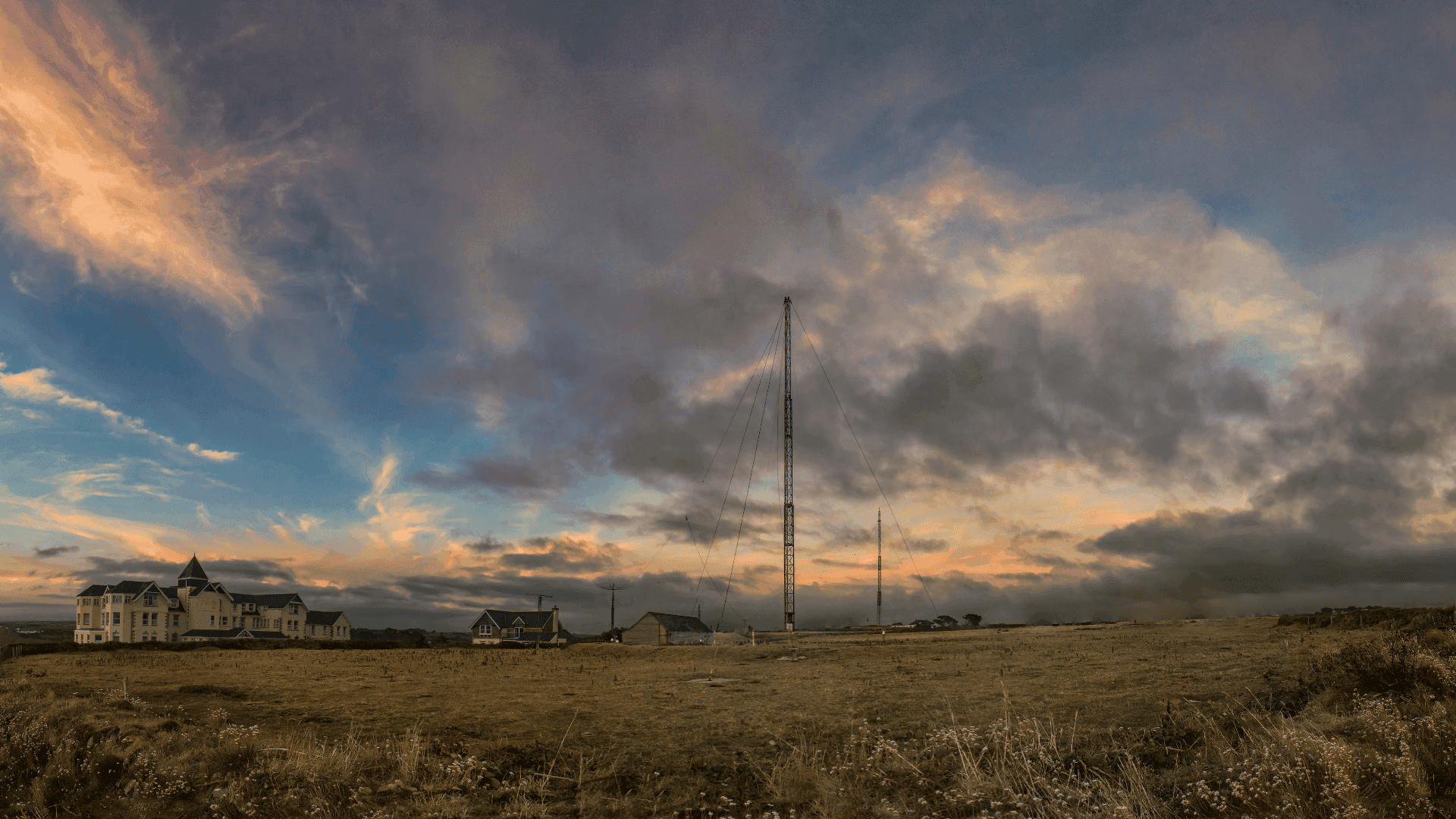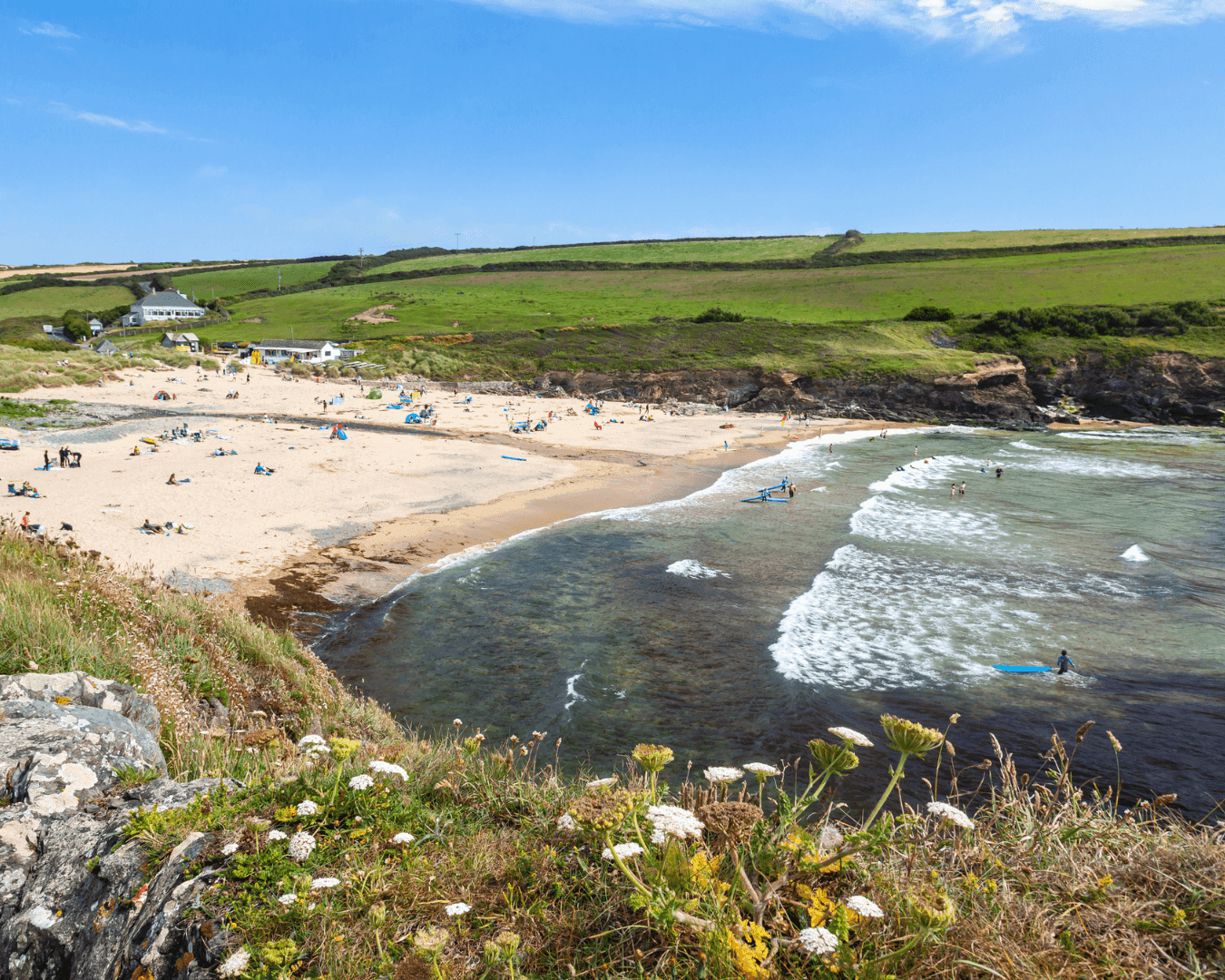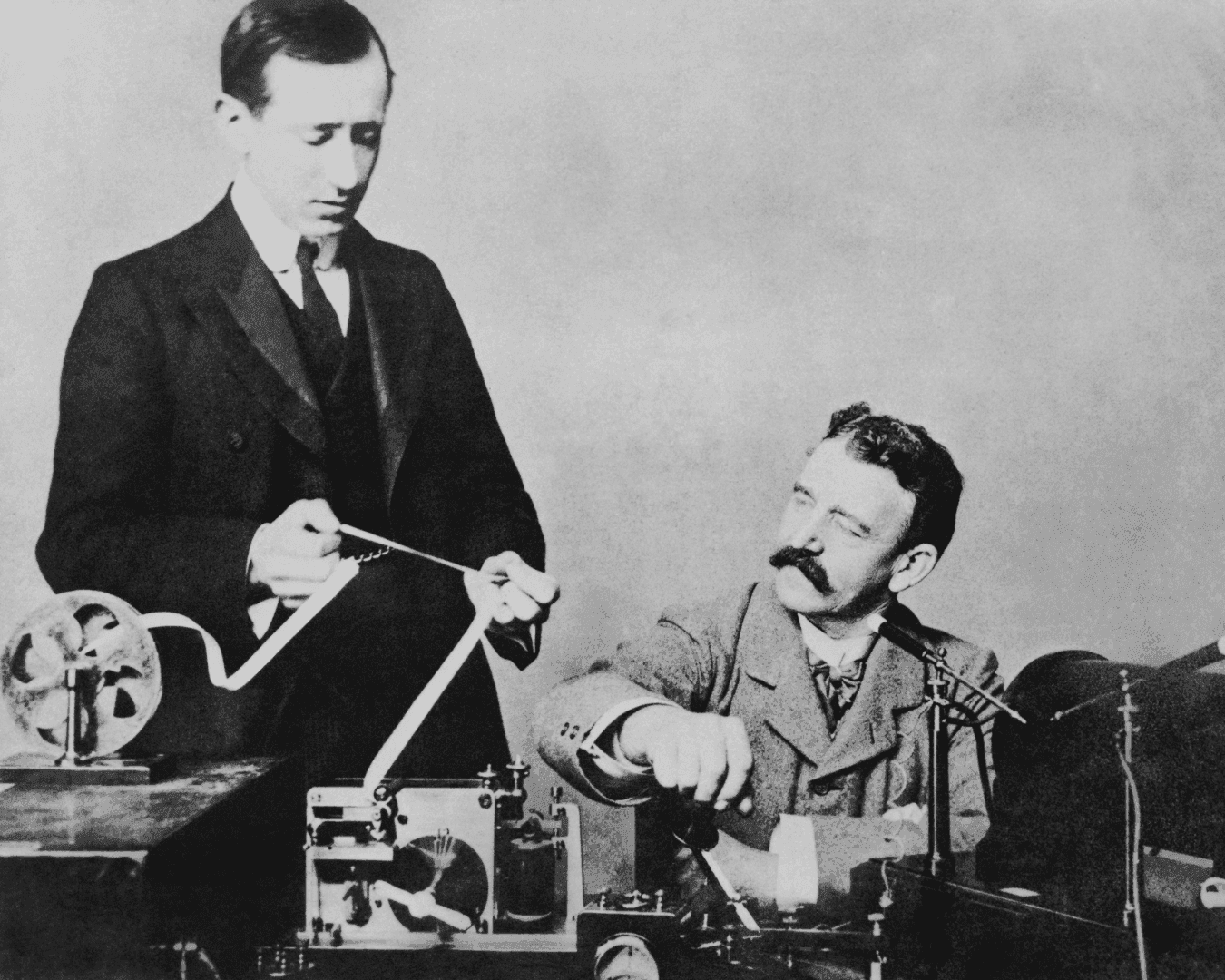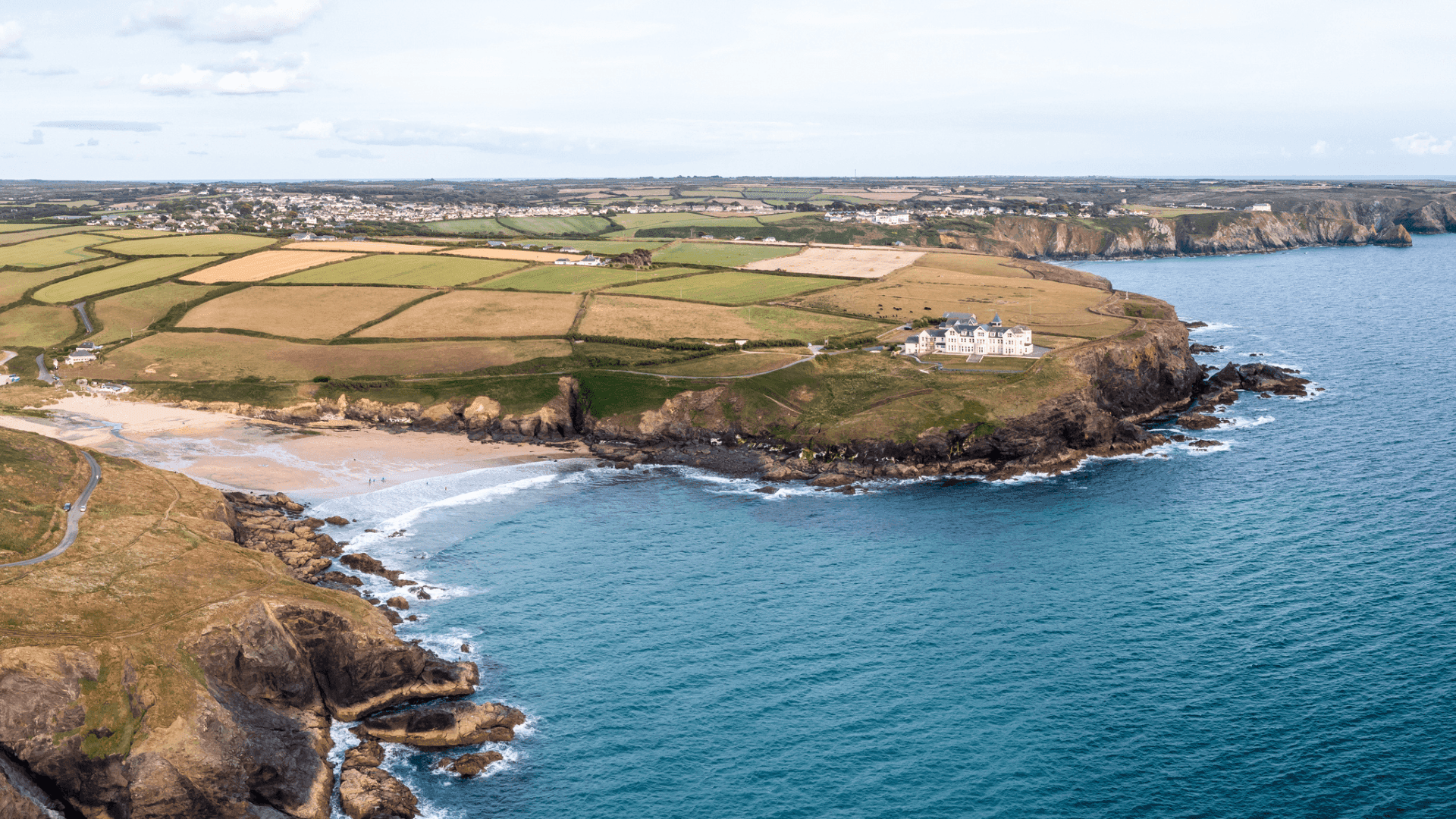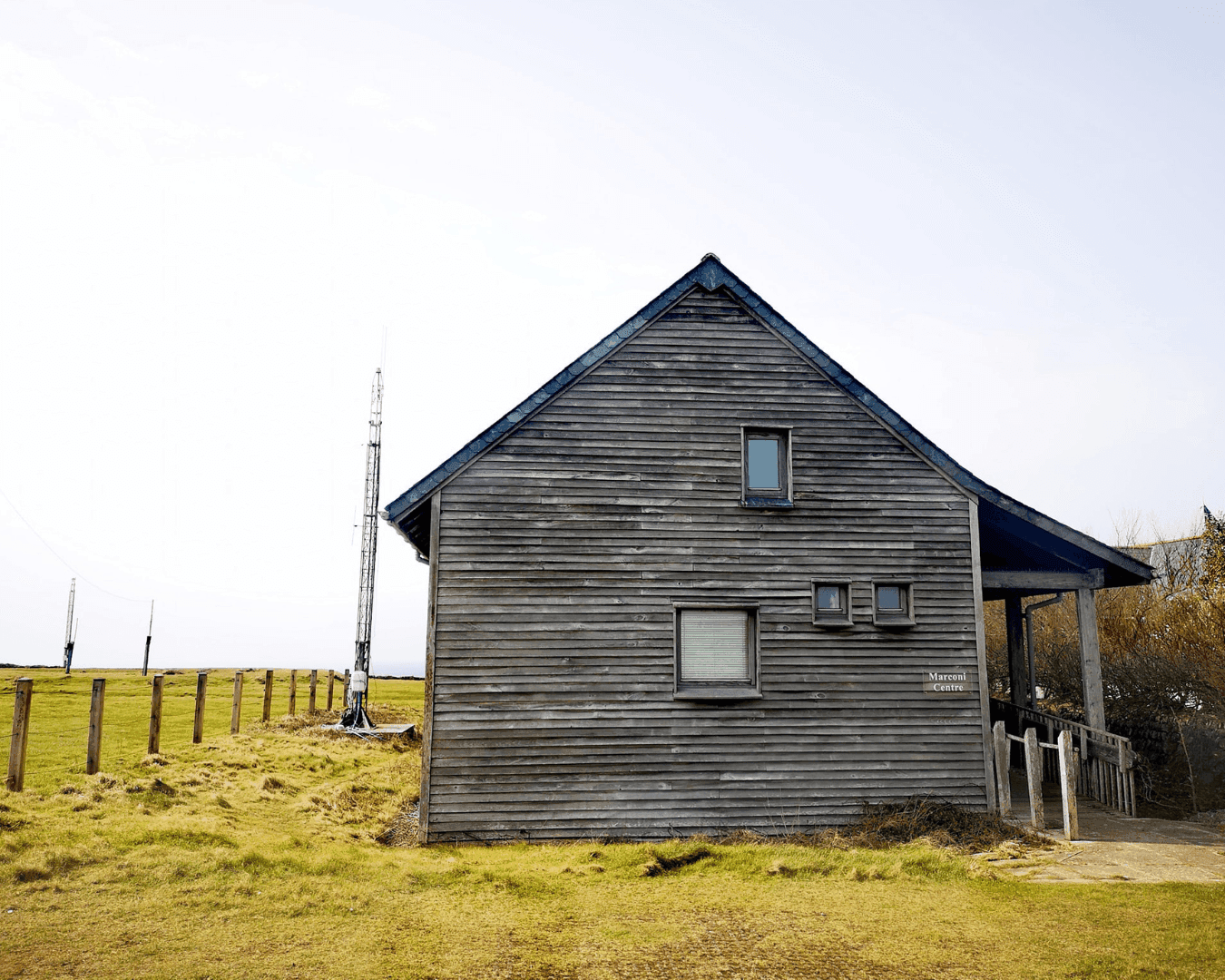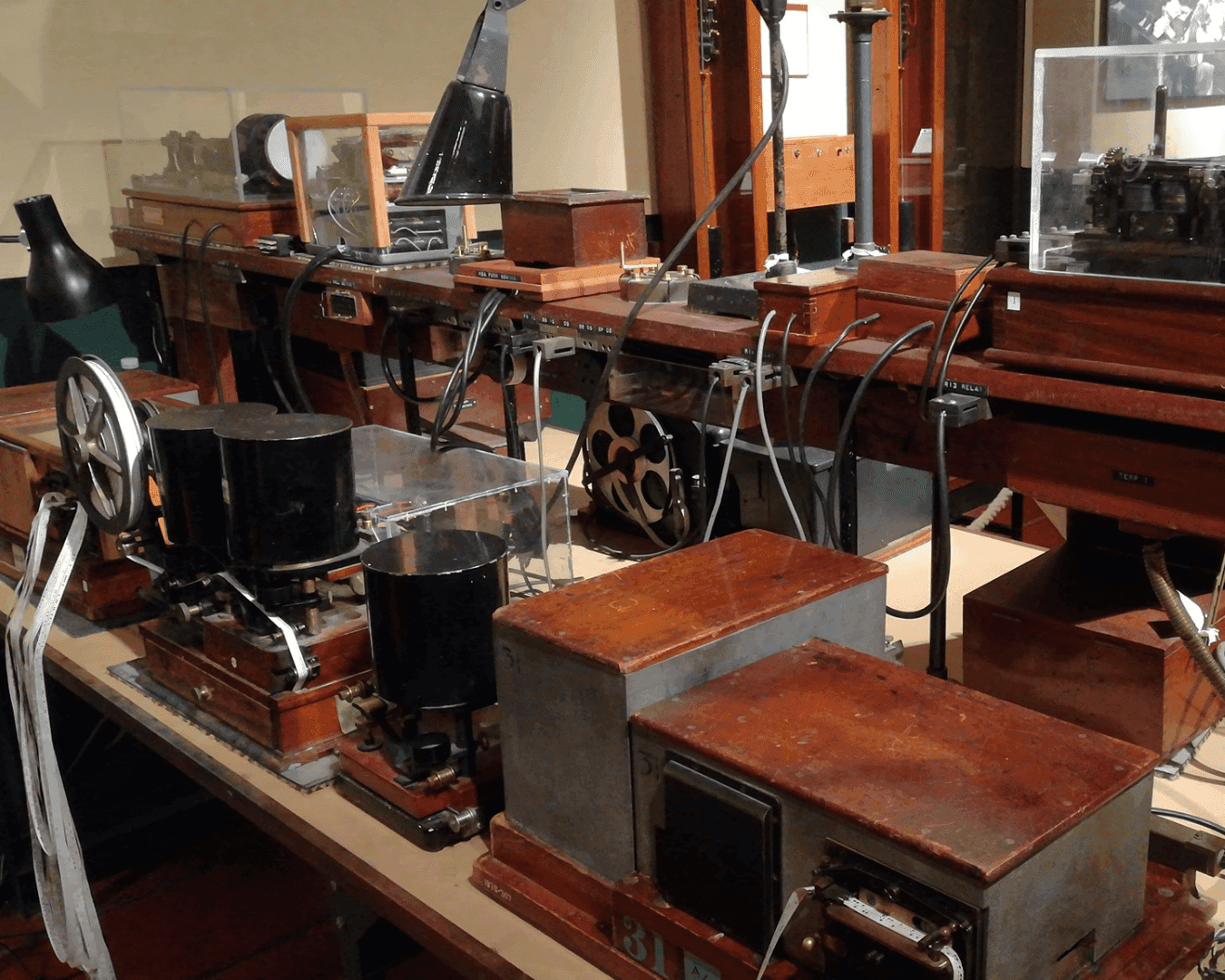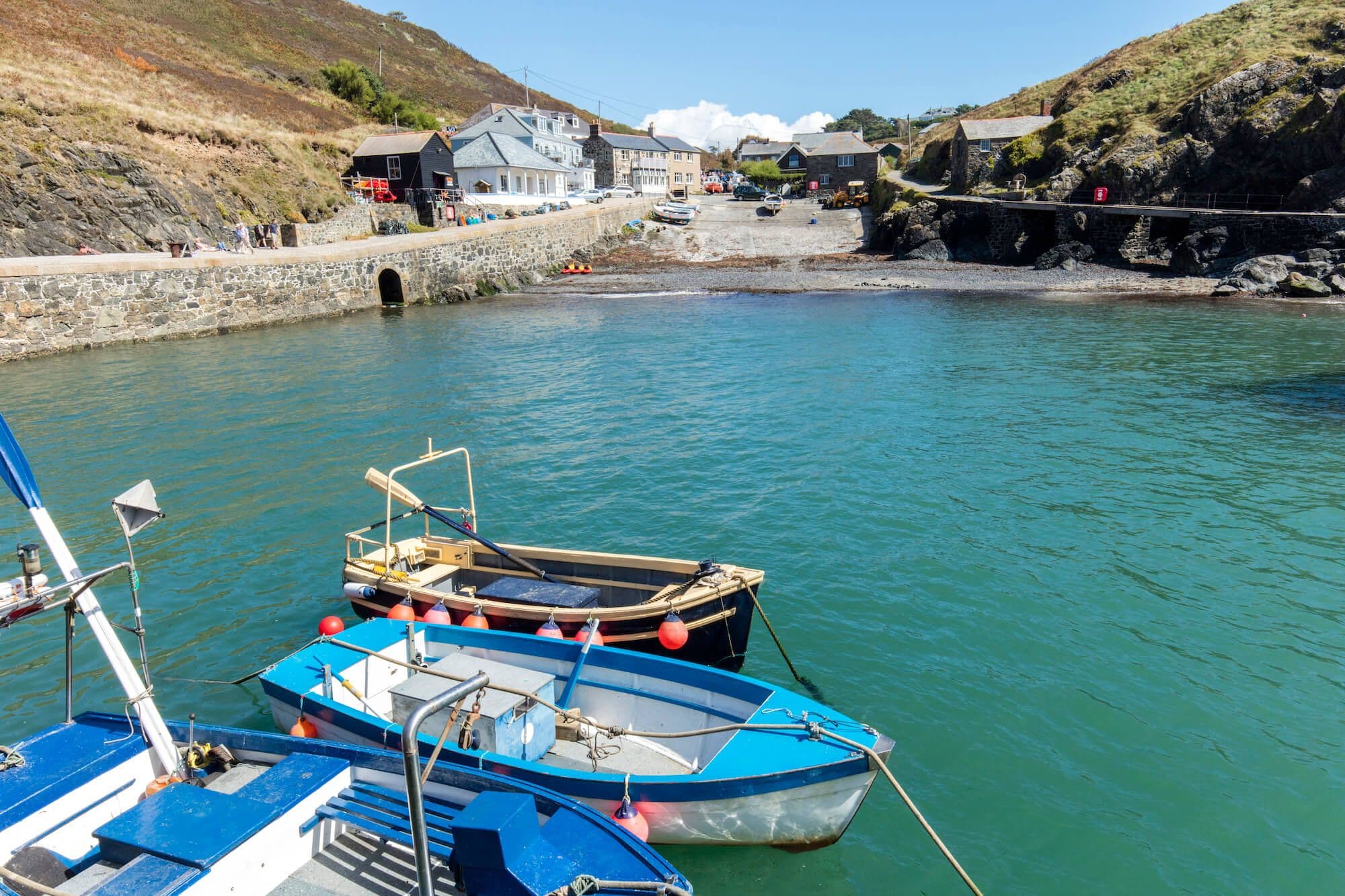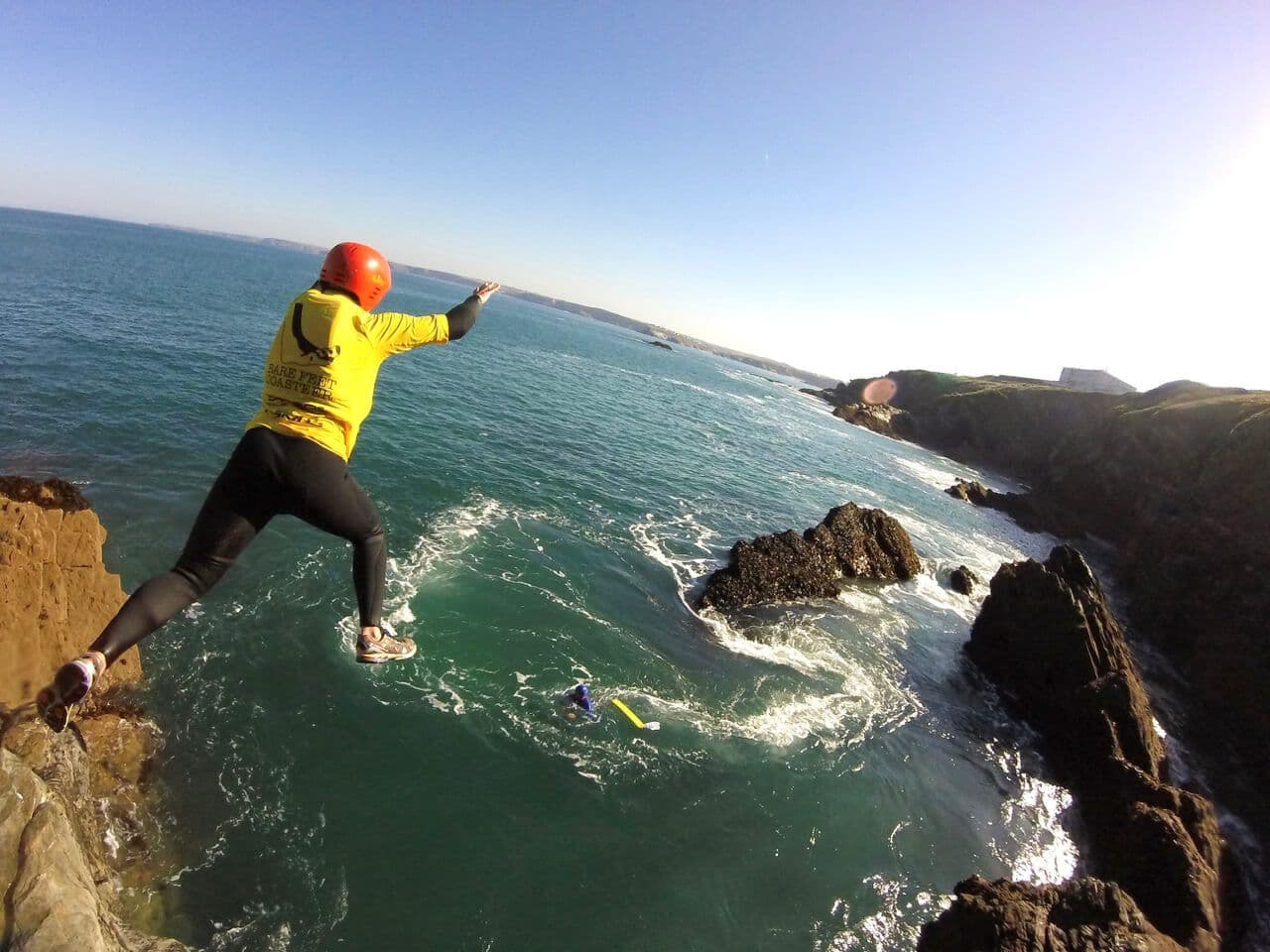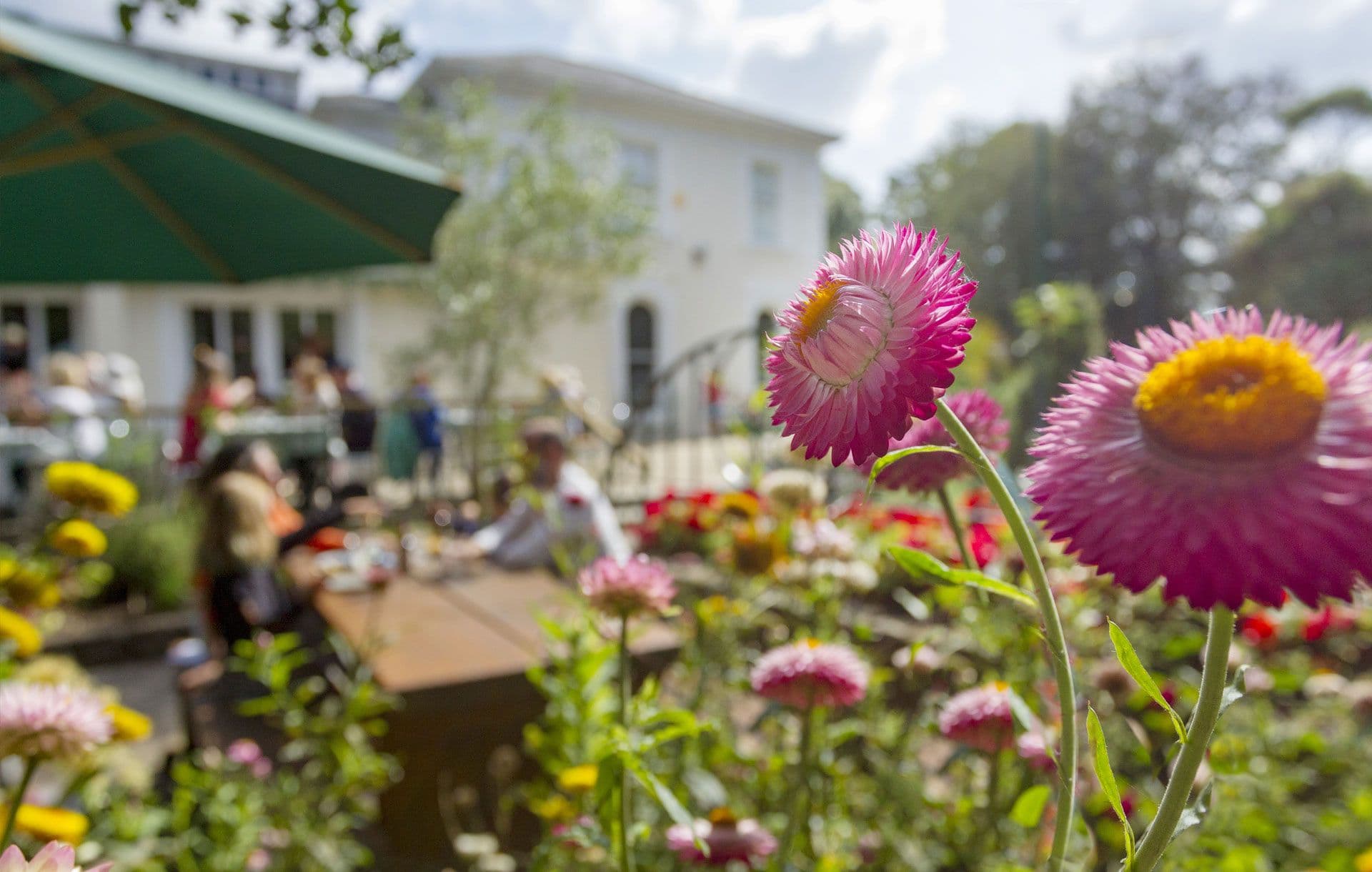The Signal that Changed Everything: Marconi’s Legacy in Cornwall
On the rugged cliffs of Poldhu, a little-known village in Cornwall's Lizard Peninsula, Italian inventor Guglielmo Marconi laid the foundation for modern global communications.
Few realise that this quiet coastal spot played a pivotal role in shaping how the world connects today. In 1901, Marconi astonished the scientific community by sending the first wireless transatlantic signal from his telegraph station in Poldhu, transmitting the Morse code letter ‘S’ across 2,100 miles of ocean to Newfoundland. This achievement silenced sceptics and defied scientific theories of the time.
A Visionary Pioneer
Before Marconi's groundbreaking work, radio waves were believed to travel in straight lines, making long-distance communication seemingly impossible due to the Earth's curvature. Transoceanic communication was restricted to underwater cables stretching across the ocean floor. Yet Marconi envisioned a world where wireless signals could span continents, and he began experimenting with radio waves in the 1890s.
In 1896, Marconi came to England to demonstrate his invention to the British government. A year later, he made history by sending the first wireless message across water, transmitting signals across the Bristol Channel. Despite the doubt surrounding his work, Marconi was undeterred. His next challenge was to send a signal over the horizon – something many leading scientists of the time considered impossible.
In 1901, Marconi proved them wrong when he successfully received a transmission from the Isle of Wight, marking the dawn of a new era in communication. By the end of that year, he achieved his greatest triumph – sending the first transatlantic signal from Poldhu to Newfoundland. This accomplishment not only changed the course of communications history but also paved the way for innovations like long-distance radio, radar, and eventually the internet and mobile phones.
Why the Lizard?
The Lizard Peninsula, as Britain’s southernmost point, provided an ideal setting for Guglielmo Marconi’s groundbreaking wireless experiments. Its remote location, free from the interference of urban areas, along with its proximity to busy shipping lanes, made it perfect for testing and developing long-range communications.
Marconi constructed two radio towers on the Lizard, six miles apart, which allowed him to experiment with signal tuning and interference reduction. For his transatlantic experiment, he erected four towering 65-metre masts on the cliffs above Poldhu Cove. Though the masts no longer stand, the foundations are still visible today.
Marconi’s early radio stations were modest wooden huts. One was positioned at Bass Point, while the other stood at Poldhu, where the first wireless signal crossed the Atlantic.
Marconi's Legacy
Marconi's connection to Cornwall is celebrated as a key moment in technological history, not only for the region but for the world. Today, the site of the original Poldhu Wireless Station is marked by a monument commemorating his achievement.
The National Trust also restored the Lizard Wireless Station in 1996, reconstructing transmission and receiving equipment for public display. Visitors can explore how the station would have looked during Marconi’s time, gaining a glimpse into the early days of wireless technology.
Though the original transmissions masts are long gone, their foundations remain visible, marking the site of one of the most significant advancements in global communication. The preservation of these sites honours Marconi's legacy as a pioneer of wireless technology.
Revolutionising Maritime Safety
Marconi quickly realised the commercial potential of his wireless technology, expanding its use to maritime safety. The Lizard Wireless Station became part of a network of coastal stations across the UK that facilitated ship-to-shore communication for a fee. In 1910, it became the first coastal station to receive an SOS call when the Minnehaha, stranded off the Isles of Scilly, sent a distress signal.
Two years later, Marconi's technology played a crucial role in one of history's most famous maritime disasters – the sinking of the Titanic. The distress signals sent by the Titanic's radio operators were received by the RMS Carpathia, which arrived in time to rescue many of the survivors. Without Marconi's wireless system, the loss of life might have been far greater.
Exploring the area
A visit to the Marconi Centre perched atop the cliffs above Poldhu Cove offers a fascinating glimpse into the history of wireless communication. Below the centre lies Poldhu Beach, a beautiful sandy cove perfect for a leisurely beach day. The stunning coastline and historical significance make it an ideal spot to combine a day of learning with relaxation.
The Lizard Peninsula itself is recognised as a National Landscape (formerly known as an Area of Outstanding Natural Beauty) due to its unique geology and rare wildlife species. The area is home to eight Sites of Special Scientific Interest (SSSIs), making it a haven for wildlife enthusiasts. Visitors can enjoy walks along the dramatic coastal cliffs or explore the region’s rich biodiversity, including rare plants and animals.
For those keen to dive deeper into the history of global communications, PK Porthcurno, the UK’s only dedicated museum of global communication, is just an hour's drive away. It offers an intriguing exploration of how technologies evolved from early underwater cables to the development of fibre optics.
Stay connected
Find us on socials and stay connected with the Cornwall you love.
